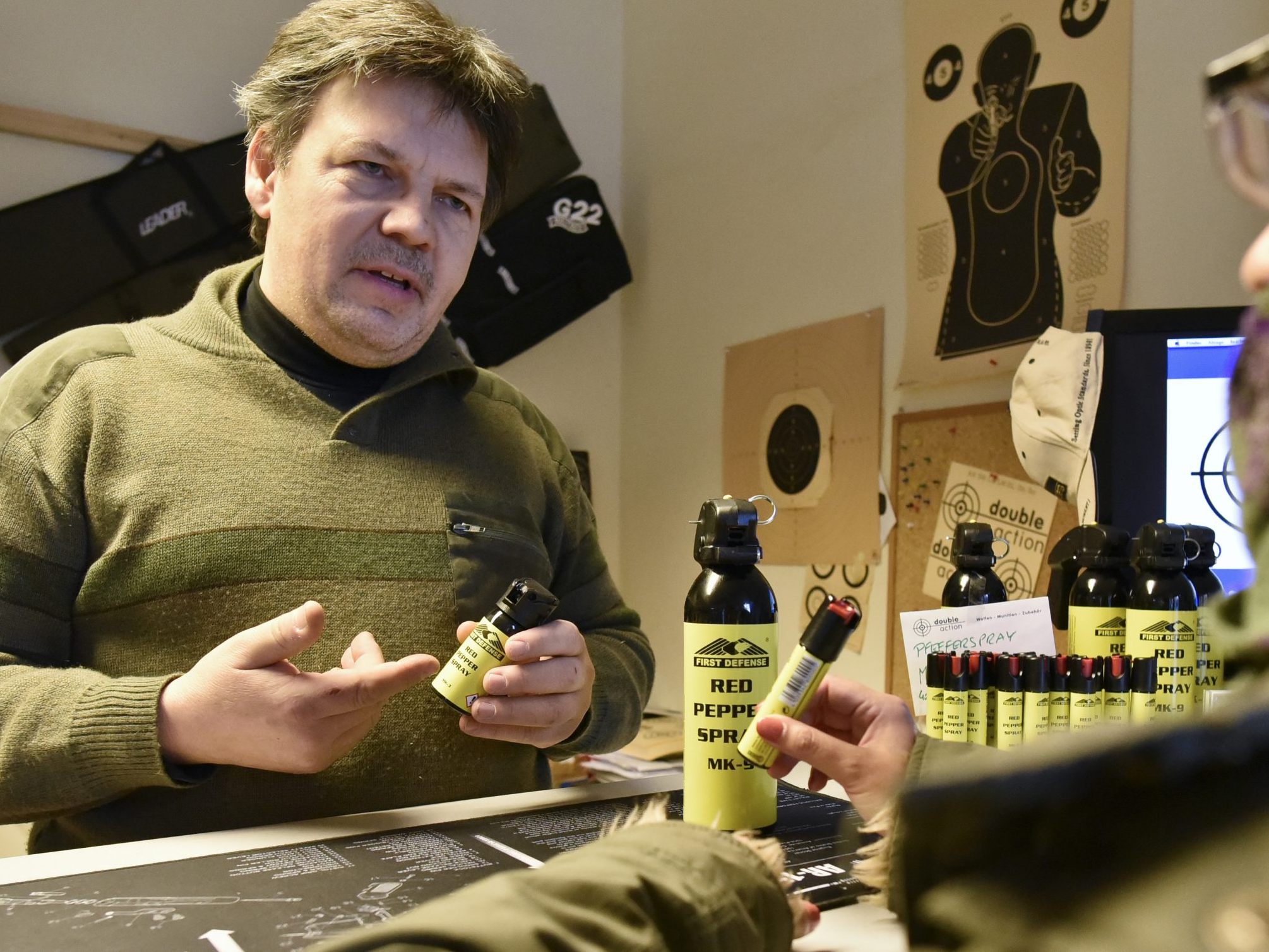Shooting Rampage in Graz: Arms Dealer Sees No Trend Towards Private Armament

For Gerhard Pöpl, owner of the Vienna gun shop "Doubleaction", this is incomprehensible, as access to weapons in Austria is already very strictly regulated, for example through the mandatory psychological assessment, and the corresponding crime rate is very low. As a seller, however, he primarily has an advisory role.
In his shop, Pöpl does not observe a trend towards private armament; the vast majority of his customers are sport shooters and hunters. However, the main motive for acquiring a weapon, in his perception, is precisely a potential ban in the future. "Customers often tell me that they actually don't want a weapon, but they don't know if they will still be able to buy one in five years," said Pöpl.
For customers who are neither hunters, sport shooters, nor collectors, the advisory discussions are central. "They last at least 25 minutes," said Pöpl. Personally, he urges this group to learn how to handle the weapon. "I also don't want to encounter a driver on a slippery road at night who only gets into a car every five years," said the shop owner.
Seller does not decide who may own a weapon
An assessment of whether a person should own a weapon or not does not fall within the seller's competence. "I am not trained for that either," said the owner. This evaluation is carried out in the psychological assessment. Nevertheless, there were "one or two people in his shop who did not complete a purchase due to my dismissive behavior."
Pöpl strongly opposed using the "terrible act" in Graz as a reason for legislative action. "But this is only pursued by certain ideological circles," said the shop owner. In Austria, gun crime is generally very low, and such a rampage probably could not have been prevented with stricter gun laws. A perpetrator who builds pipe bombs, for example, would also "drive a van into the school's graduation party."
(APA/Red)
This article has been automatically translated, read the original article here.





